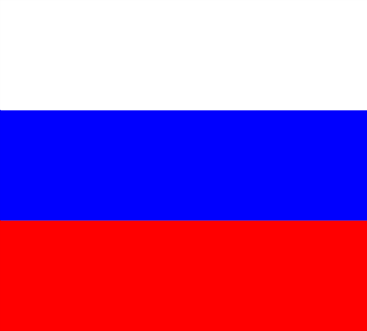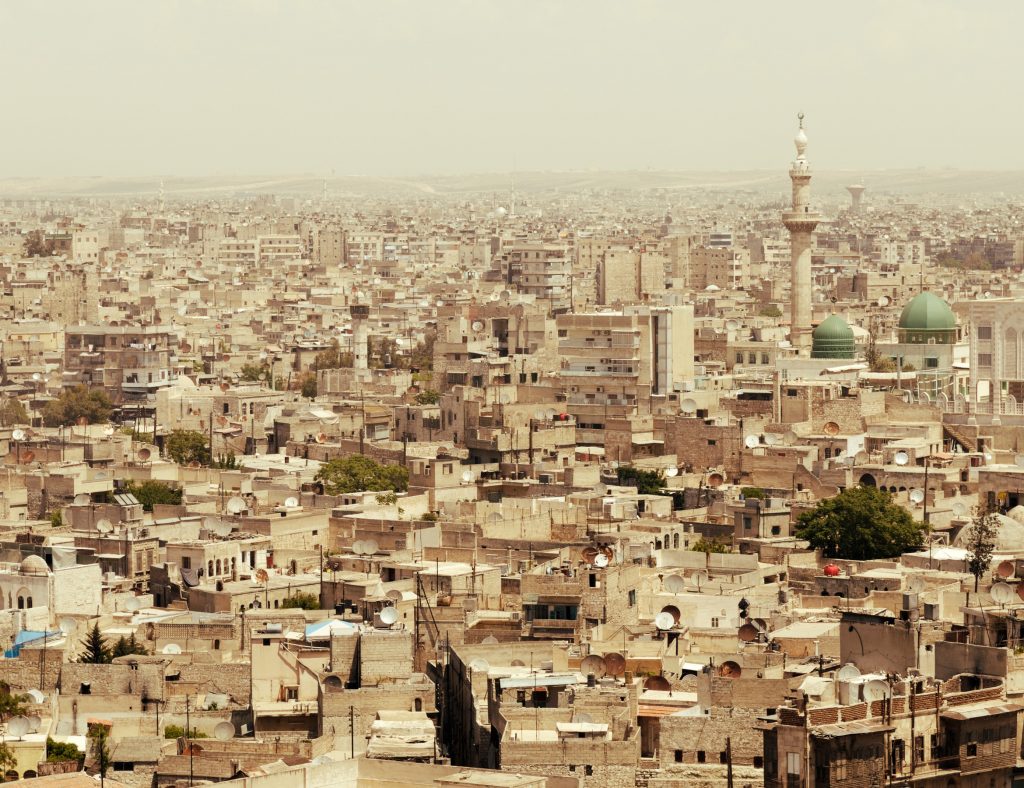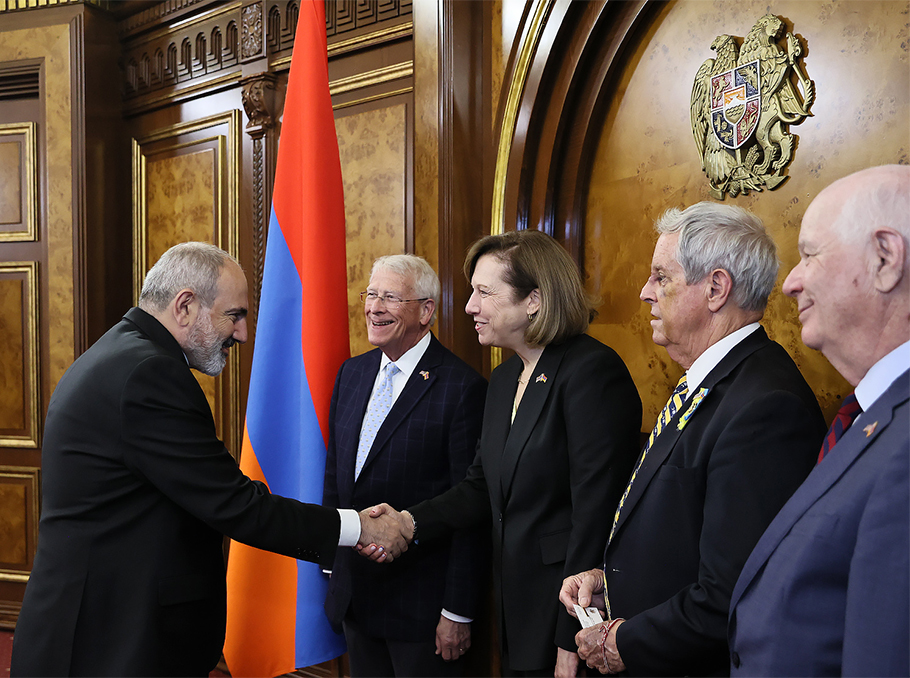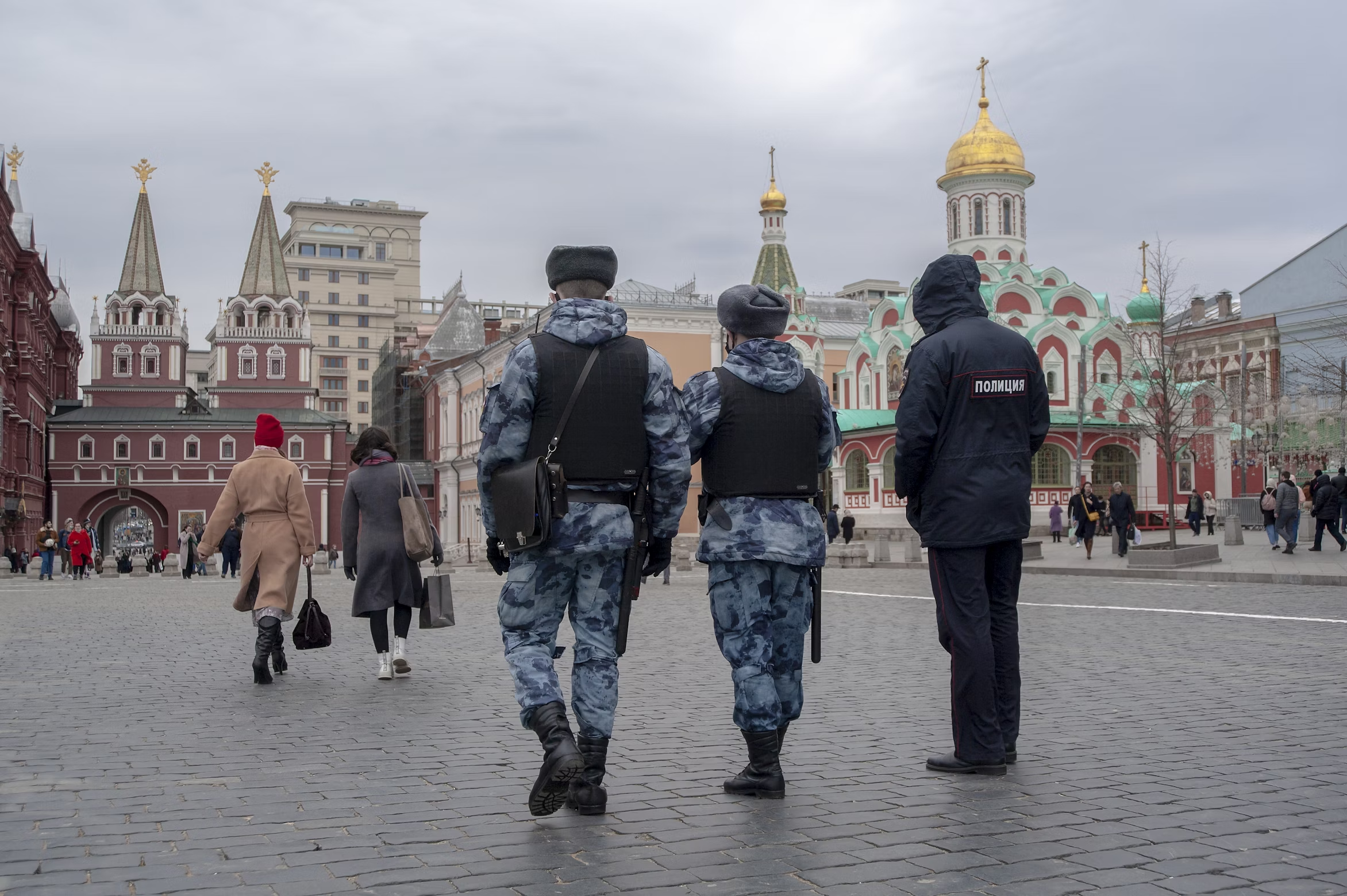Mr. Speaker, seventeen years ago, my dear friend and colleague, Rep. Frank Wolf, and I traveled to the Soviet Union, to visit the notorious Perm Labor Camp No. 37, located in the shadows of the Ural Mountains. There were three camps in the Perm labor camp complex that had been set up specifically in 1972 for political prisoners and others whom Moscow considered “especially dangerous.“ Fortunately, by the time of our visit many of the incarcerated had been released and by 1991 the camp had emptied out completely in the closing chapter of the USSR. As Co-Chairman of the Helsinki Commission, I can vividly recall that glimpse into life in the Soviet Gulag, both a memorable and sobering experience.
I mention that trip because Friday of this week, May 12th, will mark the thirtieth anniversary of the founding of the Moscow Helsinki Group, a leading human rights organization devoted to monitoring the Kremlin’s adherence to the Helsinki Final Act of 1975. The Helsinki Final Act was signed by the United States, Canada and thirty-three European countries, including the Soviet Union. While much of this document was focused on military security, economics and trade, there were important provisions on human rights and humanitarian issues, such as freedom of conscience and family reunification, which the Soviet Government and the other signatories promised to uphold.
At a May 12, 1976, Moscow press conference organized by Nobel Peace Prize Laureate Dr. Andrei Sakharov, the Moscow Helsinki Group announced that it would collect information and publish reports on implementation of the Helsinki Accords by the
As might be expected, the Soviet Government did not welcome this initiative. Members were threatened by the KGB, imprisoned, exiled or forced to emigrate. The Soviet press went into full-scale attack mode, accusing the Moscow Helsinki Group of being subversive and charging that some members were on the payroll of foreign intelligence services. I might mention that a thinly veiled version of this canard against the group was recently resurrected by a representative of the KGB’s successor, the FSB, on national television.
Arrests of members of the Moscow Group began within a year of its founding. In 1978, Dr. Orlov himself was sentenced to seven years labor camp and five years internal exile. In 1986, he was brought back to Moscow, put on a plane and deported to the United States in exchange for a Soviet spy. Other Moscow Helsinki Group members found themselves at the notorious Perm Labor Camp complex that I mentioned earlier. For his criticism of the 1979 Soviet invasion of Afghanistan, Dr. Sakharov was exiled to the closed city of Gorky beginning in January 1980. His wife and Moscow Helsinki Group member, Dr. Elena Bonner, joined him there in 1984 after having been convicted of “anti-Soviet agitation and propaganda.” Founding member Anatoly Marchenko died while on a hunger strike at Chistopol Prison in December 1986,
By the end of 1982, less than seven years after the group’s founding, it appeared that the KGB and the Soviet Government had triumphed over the small band of idealists who pressed their leaders to live up to the promises made at Helsinki. With only three members at liberty and those under intense KGB pressure, the Moscow Helsinki Group was forced to suspend its activities. By 1986, only one member of the group, Naum Meiman, continued to meet with foreign visitors and Western correspondents. Meiman’s wife, Irina, died of brain cancer after waiting years for Soviet authorities to give her permission to leave the Soviet Union for specialized treatment abroad, a reminder of the personal costs to human rights activists and their families under a cruel regime.
But the Helsinki spirit lived on. In the West, supporters and sympathizers demonstrated on behalf on imprisoned Helsinki Monitors. The cases of imprisoned or exiled Helsinki Monitors were often raised at diplomatic meetings between the United States and the Soviet authorities. In the Soviet Union itself, enlightened leaders began to understand that repressive governments may squelch the voices of dissenters for a time, but their message will heard by other means.
And on February 14, 1987, less than five years after the Moscow Helsinki group was forced to suspend its activities, a small item in “Izvestiya” announced the possibility of certain prisoners being released from labor camp. It was the beginning of the end for the repressive Soviet system.
In July 1989, the Moscow Helsinki Group was reestablished by several longtime human rights activists: Larisa Bogoraz, Sergey Kovalev, Viatcheslav Bakhmin, Alexey Smirnov, Lev Timofeev, and Boris Zolotukhin. Today, Ludmilla Alexeyeva, who had been exiled to the United States by Soviet authorities for her earlier work, now chairs this respected organization.
Mr. Speaker, thirty years after its founding and fifteen years after the collapse of the Soviet Union, the re-established Moscow Helsinki Group remains active in speaking out in defense of human rights, civil society, and rule of law in Russia. I congratulate the members of the Moscow Helsinki Group for their achievements in the past and pledge my support for their vital ongoing work.










